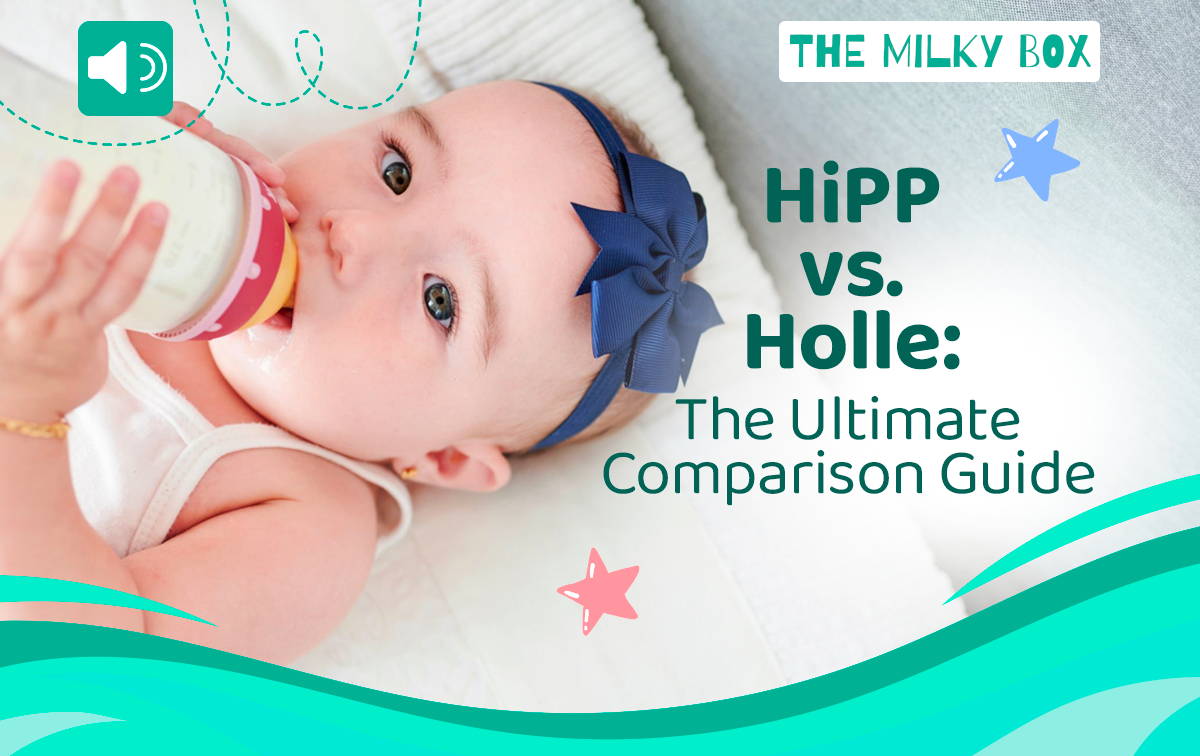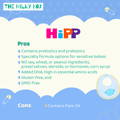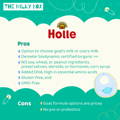European organic baby formulas are well known for the highest quality ingredients and strict infant regulations.
HiPP and Holle are produced using organic farming practices, specifically with your infants' growth and development in mind. Only clean, pure ingredients are allowed from farm to bottle.
European Union guidelines require that all European organic baby formulas be free from pesticide residue, growth hormones, genetically modified organisms (GMOs), synthetic chemicals and preservatives, heavy metals, and potentially toxic ingredients. Baby formula manufacturers in Europe must use only milk from cows grazing on grass pastures, ensuring their milk has a higher protein content than dairy products.
Each step of the European baby formula process has checks and balances put into place before an organic stamp is allowed on your infant’s nutrition. These rules apply at every stage: farming practices all the way to the final product.
Unfortunately, US organic baby formula companies are held to different standards than European brands such as HiPP and Holle.
Under FDA regulations, American baby formulas labeled as “Organic” does not always mean that every ingredient follows the necessary practices. The US has a divided look at organic nutrition for infants - organic formulas and grass-fed formulas.
To get the best of both regulations, families must look to European baby formula companies where farming practices are 95% organic and sustainable, and animals graze in organically grown pastures.
There is no question when it comes to EU vs. US infant quality; European baby formulas have a clear advantage.











